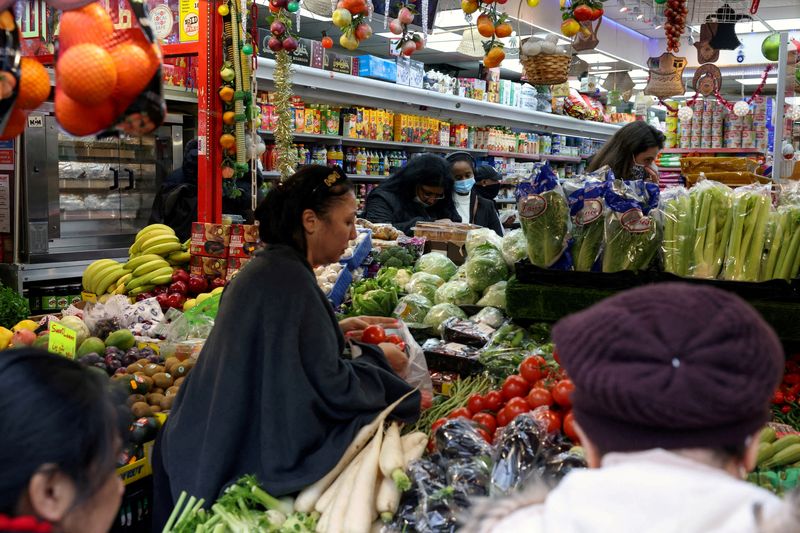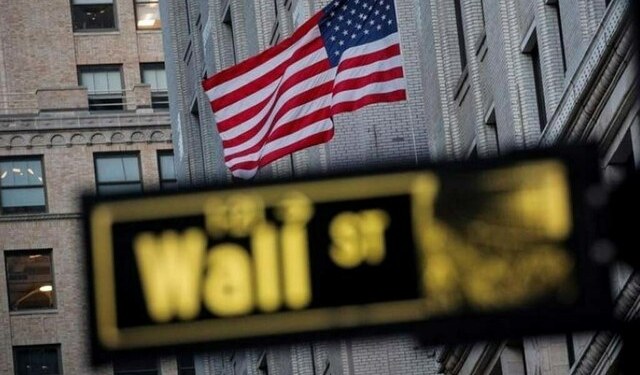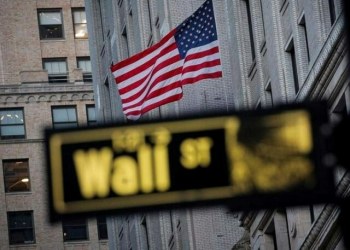
© Reuters. FILE PHOTO: People shop at a supermarket in London, Britain December 24, 2021. REUTERS/Kevin Coombs
LONDON (Reuters) -The surge in energy prices caused by Russia’s invasion of Ukraine will hurt British economic growth as well as raising short-term inflation pressures, Bank of England policymaker Silvana Tenreyro said on Wednesday.
Tenreyro said it was too soon to know how the trade-off would play out, and that policymakers would begin to review this at March’s Monetary Policy Committee meeting and when the BoE next updates its forecasts in May.
“Recent developments will intensify the terms of trade shock that we were already experiencing, so will push up inflation and have a negative impact on activity. How exactly? That’s the job we will start next week,” she said at a discussion hosted by Britain’s Economic Research Council.
Financial markets still expect the BoE to raise rates from 0.5% to their pre-pandemic level of 0.75% on March 17, and as high as 1.5% by August as the central bank seeks to stop surging inflation from becoming entrenched.
Tenreyro – who voted against the BoE’s first post-pandemic rate rise in December due to uncertainty about the threat from the Omicron variant – said there was no good evidence that a wage-price spiral was taking root in Britain.
The BoE forecast last month that inflation would peak at 7.25% in April, before tensions between Ukraine and Russia escalated to a Russian invasion.
Tenreyro said she had been surprised by the scale of wage rises expected for 2022 in a BoE survey of companies, which exceeded other surveys, and was unsure if it would materialise.
“When you are talking about spirals, you are talking about explosive dynamics which we haven’t seen yet. If anything, we are just starting the first round, so how can you talk about second round (effects)” she said.
Source: Investing.com


























